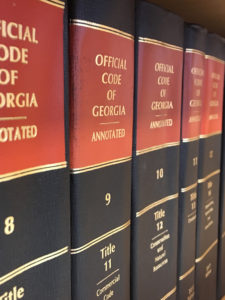(678) 376-9844
FREE legal advice and/or representation for Petitioners obtaining temporary protection, modifying protective orders, and enforcing protective orders. No assistance provided for filing the petition for temporary protective order. For help or more information, call the number above and leave a message. Someone from Gwinnett Family Violence Project will return your call and assess your eligibility for services under our income and citizenship guidelines.
Gwinnett Public Benefits Project
(678) 407-6469
FREE legal advice and/or representation to people appealing a decision by the Department of Family and Children Services (DFCS) that affects TANF, SNAP/Food Stamp, Medicaid or Childcare Assistance benefits. For help or more information, call the number above and leave a message. Someone from Gwinnett Legal Aid will return your call.
Hispanic Outreach Law Project
(678) 407-6462
FREE legal advice and/or representation for Spanish-speakers with civil legal problems. For help or more information, call the number above and leave a message in Spanish or English. Someone from the Hispanic Outreach Project will return your call and assess your eligibility for services under our income and citizenship guidelines.
Asesoramiento legal y/o representación GRATIS para personas que hablan español con problemas legales civiles. Para obtener ayuda o más información, llame al número indicado arriba y deje un mensaje en español o inglés. Alguien del proyecto hispano le devolverá la llamada y evaluará su elegibilidad para los servicios según nuestras pautas de ingresos y ciudadanía.
On-site clinics
Probate Clinic
Free consultations with local probate attorneys to answer questions regarding wills, estates, probates, administrations, guardianships, conservatorship, and more….
3rd Thursday of each month
1:30 – 4:00 pm
Gwinnett Justice and Administration Center
Breezeway
75 Langley Drive, Lawrenceville, GA
No appointment necessary.
First come, first served.
Last client accepted at 4:00 pm
Gwinnett County
324 W. Pike St., Suite 200, Lawrenceville, GA 30046
(678) 376-4545
Cobb County
30 S. Park Square, Marietta, GA 30090
(770) 528-2565
DeKalb County
246 Sycamore St., Suite 120, Decatur, GA 30030
(404) 377-0701
Clayton and South Fulton Counties
777 Cleveland Ave., Suite 410, Atlanta, GA 30315
(404) 669-0233
Fulton County
54 Ellis St. NE, Atlanta, GA 30303
(404) 524-5811
TTD/TTY Users
Georgia Relay Center
1-800-255-0135
Georgia Senior Legal Hotline
Statewide assistance for Georgia residents age 60 and older.
1-888-257-9519
Home Defense Project
Home equity scams, home purchase scams, predatory mortgage lending, wrongful denial of mortgage refinancing
(404) 377-0701

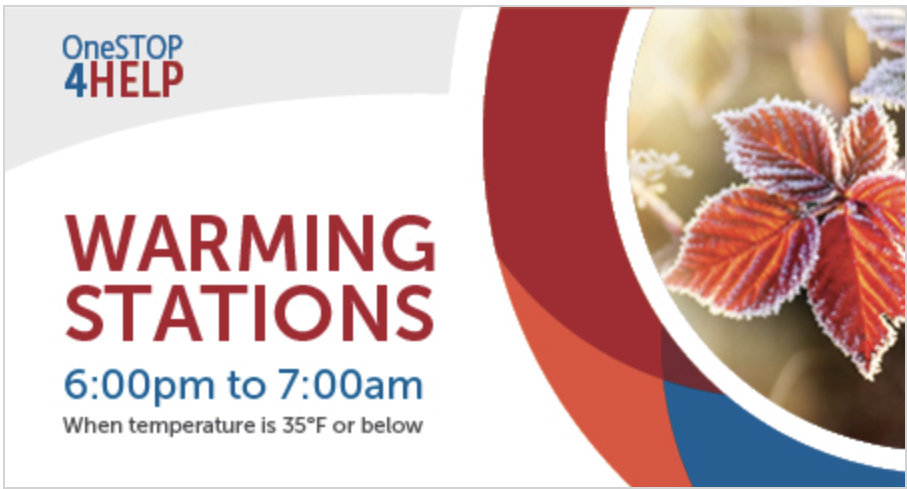
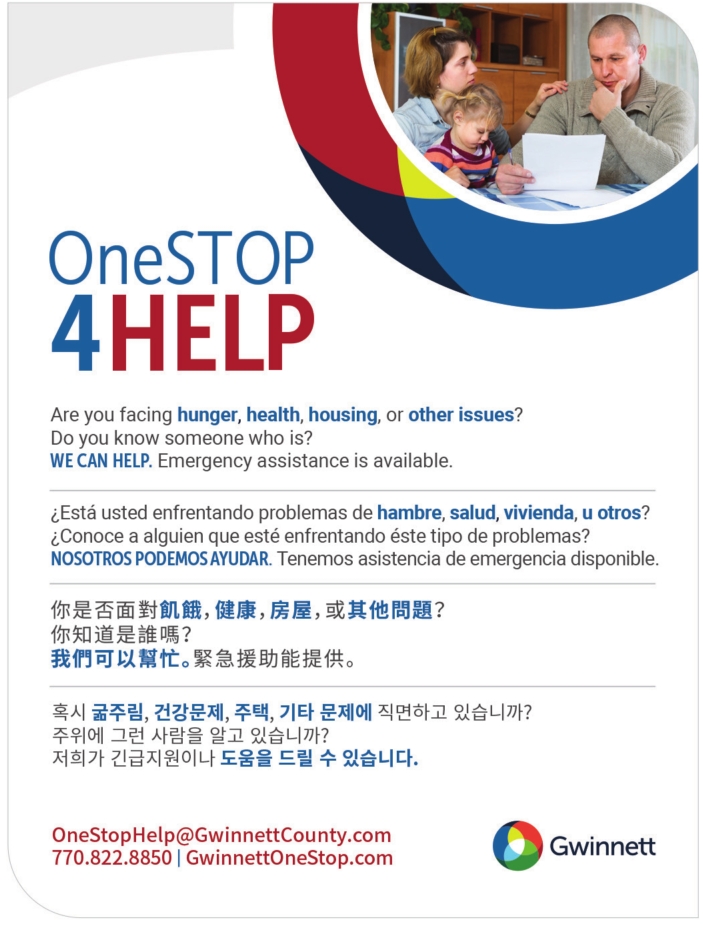


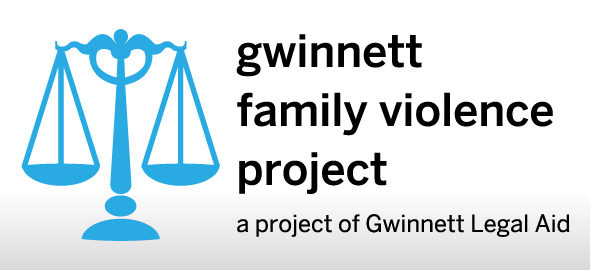
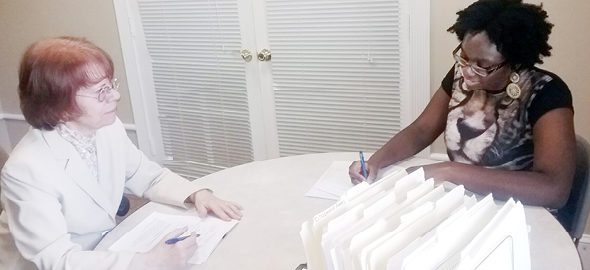




 If you are unable to afford the filing fee to start your case, you may seek permission from the court to proceed without the filing fee. This is called “indigent,” or “pauper’s” status. Generally, permission to file as an indigent person will be based on the Federal Poverty Guidelines. This form must be signed before a notary, indicating you are submitting the information under oath.
If you are unable to afford the filing fee to start your case, you may seek permission from the court to proceed without the filing fee. This is called “indigent,” or “pauper’s” status. Generally, permission to file as an indigent person will be based on the Federal Poverty Guidelines. This form must be signed before a notary, indicating you are submitting the information under oath.
